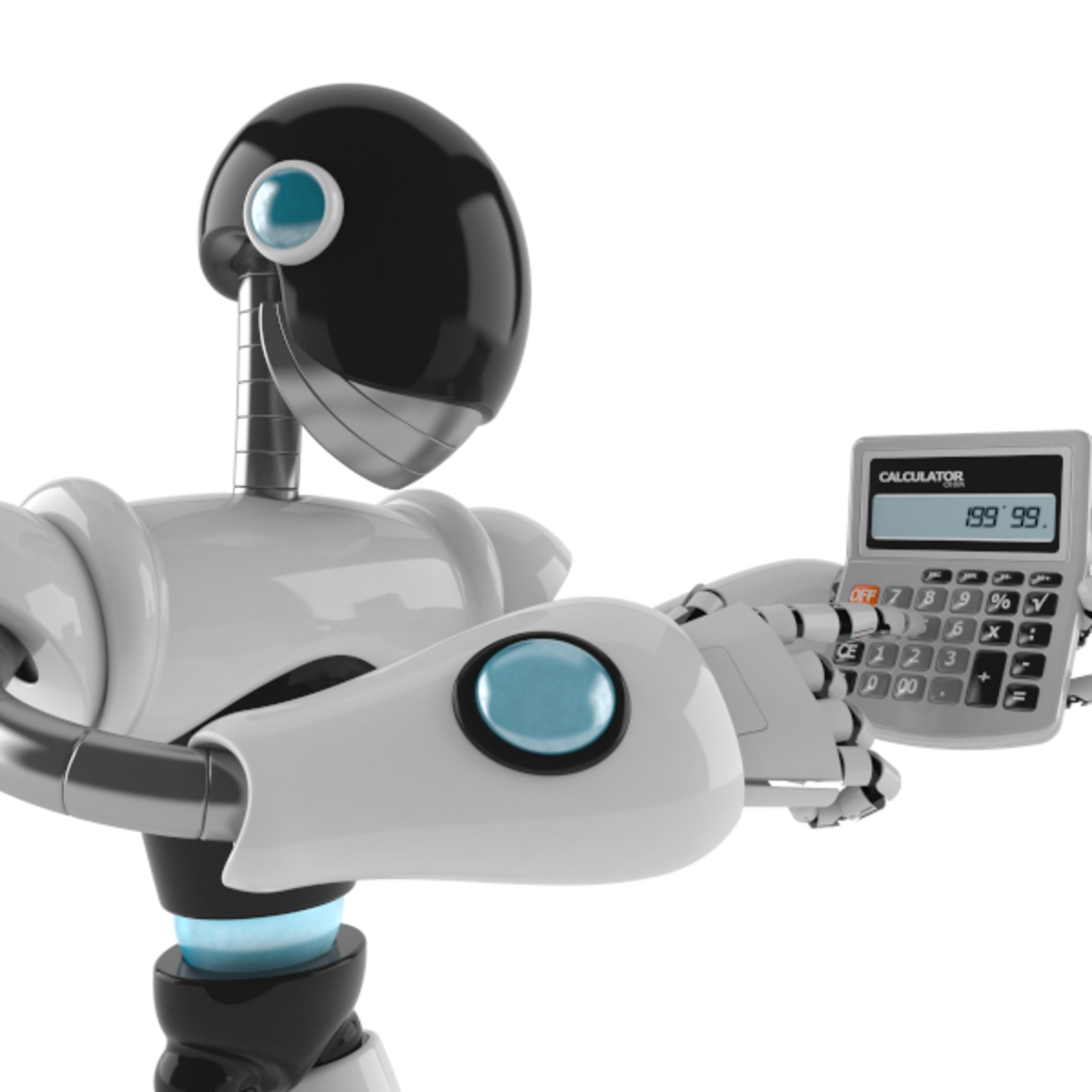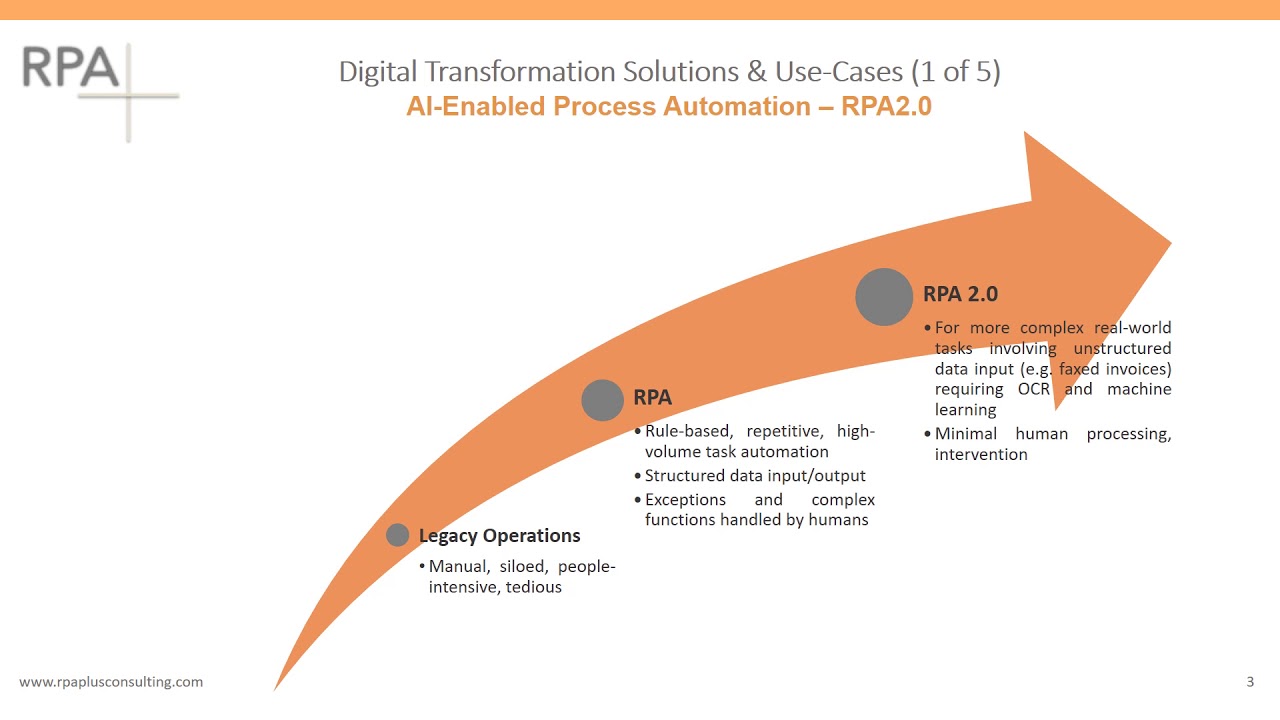RPA Digital Transformation in Hong Kong

Hong Kong, as a prominent global financial and business hub, has witnessed a surge in the adoption of Robotic Process Automation (RPA) as a key driver of digital transformation. RPA, leveraging software bots to automate repetitive and high-volume tasks, offers substantial benefits to businesses in Hong Kong, streamlining operations, reducing costs, and enhancing efficiency.

One of the primary advantages of RPA in Hong Kong is its ability to optimize the financial sector. RPA bots can seamlessly process transactions, reconcile bank statements, and conduct data analysis, resulting in reduced manual errors, increased efficiency, and improved compliance. Additionally, RPA enhances customer service in the banking industry by automating chatbot interactions, reducing response time, and providing personalized experiences.

RPA is also transforming the healthcare sector in Hong Kong. Hospitals and healthcare providers utilize RPA bots to automate tasks such as patient data entry, appointment scheduling, and prescription processing. This not only frees up healthcare professionals, allowing them to focus on patient care, but also improves data accuracy, streamlines processes, and enhances overall patient experience.
In the manufacturing industry, RPA has proven effective in optimizing production processes. RPA bots can automate quality control checks, monitor production lines, and manage inventory. By automating these repetitive tasks, manufacturers in Hong Kong can reduce human error, increase production efficiency, and optimize resource allocation.
Moreover, the use of RPA in the logistics and supply chain management sectors in Hong Kong has led to significant improvements in efficiency and accuracy. RPA bots automate order processing, inventory management, and shipment tracking, eliminating manual errors and expediting the overall supply chain.
The adoption of RPA in Hong Kong is driven by various factors, including a highly educated workforce, strong technological infrastructure, and government initiatives that promote digital transformation. The Hong Kong government has recognized the potential of RPA and has provided funding and support for businesses to implement RPA solutions.
As RPA technology continues to evolve, the future holds immense potential for digital transformation in Hong Kong. The integration of artificial intelligence (AI) and machine learning (ML) into RPA is expected to further enhance its capabilities, automating even more complex tasks and providing deeper insights into data. This will further drive the digital transformation journey in Hong Kong, leading to increased productivity, enhanced competitiveness, and a smarter, more efficient economy.## RPA Digital Transformation in Hong Kong
Executive Summary
Robotic Process Automation (RPA) is rapidly transforming businesses in Hong Kong, driving efficiency, cost optimization, and customer satisfaction. This article provides a comprehensive overview of RPA in Hong Kong, outlining its benefits, key subtopics, and practical steps for implementation.
Introduction
Hong Kong’s dynamic business landscape is embracing digital transformation, with RPA emerging as a powerful tool to streamline operations and enhance competitiveness. RPA employs software bots to automate repetitive, mundane tasks, freeing up human resources for more strategic and value-added activities. By leveraging RPA, businesses in Hong Kong can unlock significant benefits in various industries, including finance, healthcare, logistics, and retail.
Frequently Asked Questions (FAQ)
- What is Robotic Process Automation (RPA)?
- RPA is a technology that enables software bots to mimic human actions and automate repetitive, rule-based tasks.
- What are the benefits of RPA in Hong Kong?
- Enhanced efficiency, reduced operating costs, improved accuracy, greater compliance, and faster response times.
- How can I implement RPA in my Hong Kong business?
- Assess current processes, identify suitable tasks for automation, select an RPA vendor, develop and test bots, and monitor performance.
Key Subtopics
1. RPA Benefits
- Enhanced Efficiency: RPA automates time-consuming tasks, freeing up employees for more valuable work.
- Cost Optimization: RPA reduces operational costs by eliminating the need for manual labor and improving productivity.
- Improved Accuracy: Automated processes minimize human errors, ensuring accuracy and consistency in operations.
- Greater Compliance: RPA aids in adhering to regulatory requirements and industry standards.
- Faster Response Times: Automated processes enable businesses to respond quickly to customer inquiries and market demands.
2. RPA Implementation
- Process Assessment: Analyzing existing processes to determine suitable RPA tasks.
- Bot Development: Creating software bots to perform automated tasks based on defined rules.
- Testing and Deployment: Thorough testing ensures bots are functioning optimally before implementation.
- Monitoring and Optimization: Regularly tracking bot performance and making adjustments to maximize efficiency.
- Employee Engagement: Ensuring employees understand the benefits of RPA and support the transition.
3. RPA in Healthcare
- Administrative Automation: Automating tasks such as patient registration, appointment scheduling, and insurance processing.
- Improved Patient Care: Freeing up healthcare professionals to focus on patient interaction and personalized care.
- Enhanced Data Accuracy: Automating data entry and retrieval processes, reducing the risk of errors.
- Cost Reduction: Reducing administrative expenses and improving resource allocation.
- Increased Patient Satisfaction: Faster response times and improved care lead to greater patient satisfaction.
4. RPA in Logistics
- Order Processing: Automating order entry, inventory management, and shipment tracking.
- Warehouse Management: Optimizing inventory levels, reducing storage costs, and improving picking and packing processes.
- Transportation Scheduling: Automating freight booking, route optimization, and tracking of shipments.
- Supply Chain Visibility: Enhancing transparency and efficiency throughout the supply chain.
- Customer Service: Automating order status updates, returns processing, and complaint handling.
5. RPA in Finance
- Financial Transaction Processing: Automating financial transactions, such as payments, invoices, and reconciliations.
- Regulatory Compliance: Assisting in meeting compliance requirements, such as anti-money laundering and know-your-customer regulations.
- Fraud Detection: Employing bots to detect and investigate suspicious financial activities.
- Customer Onboarding: Automating the process of onboarding new customers and verifying their identity.
- Reporting and Analytics: Generating financial reports and analyzing data more efficiently and accurately.
Conclusion
RPA is a transformative technology that is reshaping businesses in Hong Kong, enabling them to achieve operational excellence and competitive advantage. By implementing RPA effectively, organizations can unlock significant benefits across various industries. Embracing RPA is not just a technological investment but also a strategic decision that paves the way for future growth and success in the digital age.
Relevant Keyword Tags
- RPA Hong Kong
- Robotic Process Automation
- Digital Transformation
- RPA Implementation
- RPA Benefits
